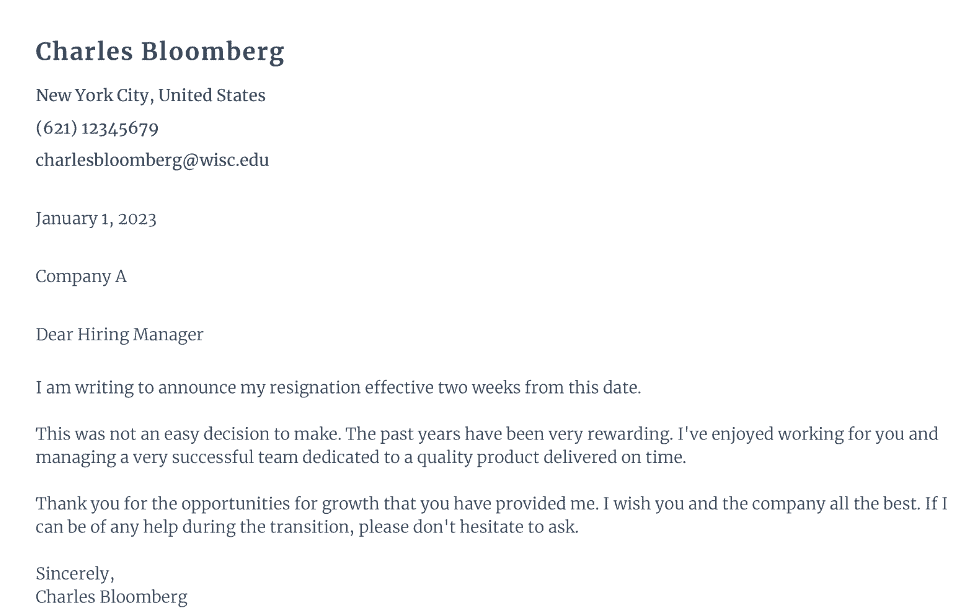8 Steps to Becoming Your Own Boss
Is your nine-to-five job exhausting you? Does your current boss criticize you over every minor thing? Do you hate following predetermined processes?
If the answer is yes, gear up to change your career. But what you definitely don’t need is a new job.
If you had enough trigger points, why not become your own boss? It will be a hundred times better than what you’re currently pursuing. Moving from an employee to a boss is filled with challenges and equally rewarding benefits.
With 1 in every 5 businesses failing within the first year of inception, taking the right steps helps you achieve success.

Though becoming your own boss is a trial-and-error process, it involves believing in yourself. To help you give a clear idea as to how to get through this, we provide a step-by-step guide:
Let’s begin!
1. Step down from your current job
Being your own boss is a luxury, which, surprisingly, only a handful enjoy. Even though it’s achievable with hard work and perseverance, you must first bid goodbye to your existing nine-to-five job. You cannot start your entrepreneurial venture by staying stuck in something you loathe or don’t enjoy.
So, the first step is to resign from your current job. Send a resignation letter to the HR manager, stating the reason for resigning from your existing position.
To understand how to write a resignation letter, you can search for samples online.

2. Find a business partner
What can make a bigger difference than forming a strong business partnership when finding success in your entrepreneurial dream? You can form strategic, innovative, or human resource partnerships with qualified, experienced individuals.
But, what is a business partner?
A business partner is an individual involved in a business partnership with others to manage businesses. As a new entrepreneur, focus on partnering with a human resource business partner or HRBP.
The HRBP is a strategic liaison where an HR professional helps you align your people’s strategy with their business strategy. These HR professionals use their experience and knowledge to help you create programs and company-wide policies aligning with your business’s goals and objectives.
They add value to your business and help you make key decisions, especially when starting out. Additionally, they primarily focus on the company’s big picture by coaching different department heads and developing strategies.
Whether you choose a strategic or HR business partnership, you reap the following benefits:
- New perspectives and varied expertise
- Decision-making support whenever you require
- Strengthens the company’s culture and employee experience
- Additional business opportunities
- Expand your network and audience
- More resources available
3. Know your customers and solve their problem
Can you be your own boss without having a target audience? So, after deciding whether you want to focus on consulting or coaching, ecommerce, or you want to start your restaurant business, it’s time to conduct an in-depth analysis of your customers.
As marketer Philip Kotler says: “There is only one winning strategy. It is to carefully define the target market and direct a superior offering to that target market.”
So, before moving ahead in your business, know your customers in and out.
Another key aspect is understanding that you cannot sell products or services you wouldn’t use yourself. For instance, if you don’t eat Chinese food, selling such food to your target market will be difficult as you don’t know the taste preferences of this target market.
You can even use various online tools and software to analyze your target customers and plan your marketing strategies.
Once you know your customers, solving their potential problems becomes a lot easier.
4. Analyze your competitors
Often, many people overlook the importance of analyzing their competitors in a quest to start big. And that often becomes the biggest reason for their downfall. Analyze what products they’re offering and what strategies they’re following to attract their target audience.
Don’t get intimidated by a small competition. Remember that a challenge will only push you to improve and help you grow as an entrepreneur. Having healthy competition around encourages you to be more creative and innovative in your business approach.
Check out their social media pages to understand what their customers are saying. You can find potential business opportunities from the comments and feedback of their existing customer base.
5. Hire a team of qualified people
After you know what you’re selling, your target customers, and your audience, it’s time to build your team. You require people in your marketing, operation, finance, and administrative department. Based on your requirements, conduct interviews and choose the most qualified people depending on your requirements.
Managing your staff and schedule is often a challenging process, especially if you have remote employees in your team and you work in different shifts. For instance, if you own a restaurant business, shift planning involves organizing your cook, support personnel, and wait staff to cover all your preparations, services, and clean-up hours.
A few years back, shift scheduling involved filing names and jobs on paper and manually tracking the shift timings. By using shift scheduling software, you or your restaurant manager can focus on improving their operations and business. It ensures you’re no longer stuck with administrative processes.

Some more reasons to use a scheduling software are:
- Saves time
- Streamlines your business operations
- Improves employee satisfaction and retention
- Provides workforce flexibility
- Ensures fewer scheduling conflicts
- Improves labor law compliance
- Offers anytime access to employee schedules
6. Set up your business based on your finances
Now that you have identified your customers and competitors and decided on your team size know the money you can spend on your marketing and branding purposes. While you can start with a small team size, you cannot go without a website and a strong online presence.
For instance:
- If you need an ecommerce website, don’t hire expensive designers and developers. Instead, use a trial version of platforms like BigCommerce and Shopify.
- If you need an experienced marketer, don’t instantly hire a full-time employee. Use platforms like LinkedIn and Upwork to hire experienced freelancers and part-time employees.
- Choose your business name with a free business name generator tools like Magic Write, Shopify, and Wix.
- Don’t spend unnecessarily on advertisement campaigns. Instead, focus on performance marketing and word of mouth through your Instagram and other social media platforms.
- Use free online software like Shopify, Logo Maker, and DesignHill to create a logo.
Starting slow is often the best way to grow faster because it gives you time to analyze which efforts yield efforts and where you may need to invest more.
7. Market your business
After setting up your website, don’t expect your customers to land on your website magically. When your venture is new, it’s new even to Google. You need to maintain a balance between your online and offline marketing tactics.
Don’t overspend on your advertising and digital marketing efforts, instead use these methods:
- Influencer marketing
- Content marketing
- Paid advertising
- SEO
- Guerilla marketing
- Broadcasting (Radio and TV)
- Print (Magazines and Newspaper)
- Outdoor advertising
- Telemarketing (Phone calls and text messages)
- Direct mail
If you land some sales, it’s great otherwise, increase your marketing efforts to keep the momentum going.
Every marketing campaign you execute takes time before you see results. It’s highly unlikely you will become an overnight success with just a single marketing campaign. Be prepared to put in your time and effort and hire marketers with a track record of increasing a brand’s visibility.
But what should you do if you have no sales even after spending hundreds of dollars on your marketing?
- Rework your website to increase sales
- Focus on on-page and off-page SEO to ensure your business ranks for your keywords
- Reach out to people on social media, give them your products, and seek their feedback on your services or products. Based on their reviews, tweak changes to your offering.
- Find a better solution to a bigger problem.

8. Don’t overlook self-care
For most entrepreneurs, their brand is their child. As a result, they work day-in and night-out to scale their business and make it a favorite among their customers.
And, in doing so, you completely forget about your health and self-care. You’ll drive yourself crazy if you focus only on all work and no play. Apart from maintaining a healthy work-life balance, go for regular walks, spend time with your family, read a book, or socialize with your friends.
Besides building your marketing strategies, build self-care strategies to improve your health.
Make your move
Being an entrepreneur is not easy, but you get what you want if you push yourself just a little bit.
When you become your boss, you can develop a workflow and work on something you enjoy. Use these strategies above to create a sustainable and profitable business.
- How to Boost Your Casino Site’s Visibility with SEO - July 18, 2025
- What Makes Onboarding Workflow Software Effective for New Hire Processes? - February 11, 2025
- The Best Tools for SEO Analysis and Optimization - July 31, 2024
Where Should We Send
Your WordPress Deals & Discounts?
Subscribe to Our Newsletter and Get Your First Deal Delivered Instant to Your Email Inbox.



